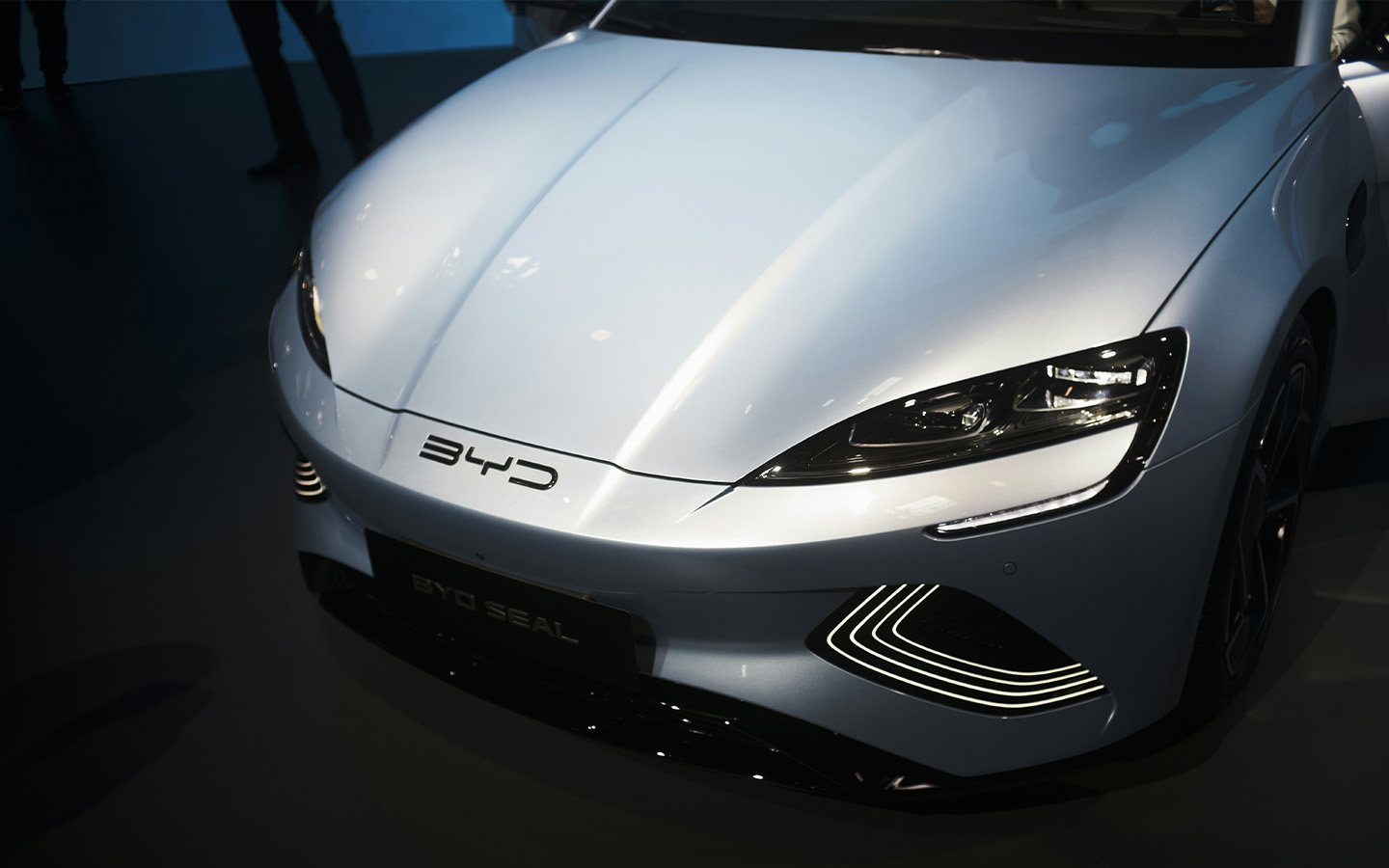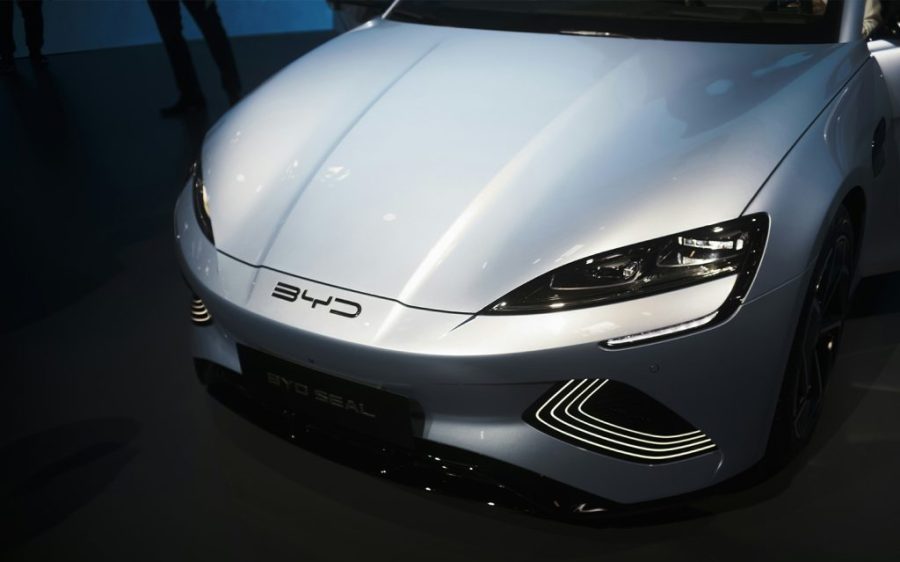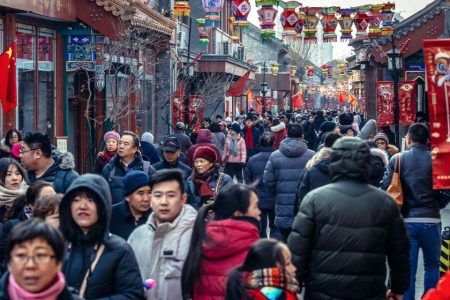The Chinese minister of commerce, Wang Wentao, has criticised an anti-subsidy investigation into Chinese electric vehicles (EVs) conducted by the European Union (EU), noting that “protectionism is not a solution, but a dangerous dead end.”
At a meeting with his Portuguese counterpart Pedro Reis in Lisbon on Tuesday, reported by multiple media outlets, Wang said that the threat of EU tariffs risked damaging Sino-European cooperation and urged for dialogue to address trade and economic disagreements.
Brussels’ anti-subsidy investigation began on 13 September 2023 after concerns were raised that cheap Chinese electric vehicle (EV) imports were flooding the EU to the detriment of the European bloc’s automotive industry. Findings from the study were originally expected to be announced yesterday, with analysts anticipating that Chinese EV imports would be slapped with EU tariffs that would cost Chinese manufacturers billions of dollars.
The publication of the findings, however, have since been postponed. Reuters reports that they will now be announced following the European Parliament election scheduled on Sunday. A source that spoke with the news outlet said that they could come as early as the day after the election, although no official date has been given.
[See more: IMF calls for restraint after US imposes more tariffs on Chinese goods]
If EU tariffs materialise, China has warned that it will respond in a tit for tat manner by slapping its own tariffs on the various EU products, including the bloc’s own makes of automobile, as well as aircraft and liquor.
Apart from the looming possibility of EU tariffs, Wang also discussed bilateral economic cooperation with Reis, with both sides agreeing that trade issues were best solved through cooperation and fair practices.
Wang highlighted that Beijing and Lisbon would work together to pursue the goals that were established during this year’s edition of the Ministerial Conference of Forum Macao. Reis, meanwhile, responded in kind, pointing out that Portugal was open to working with China across a range of fields including investment, people-to-people exchange and trade in agriculture and food.
The Chinese commerce minister is currently visiting various Southern European nations, including Spain and Greece.






